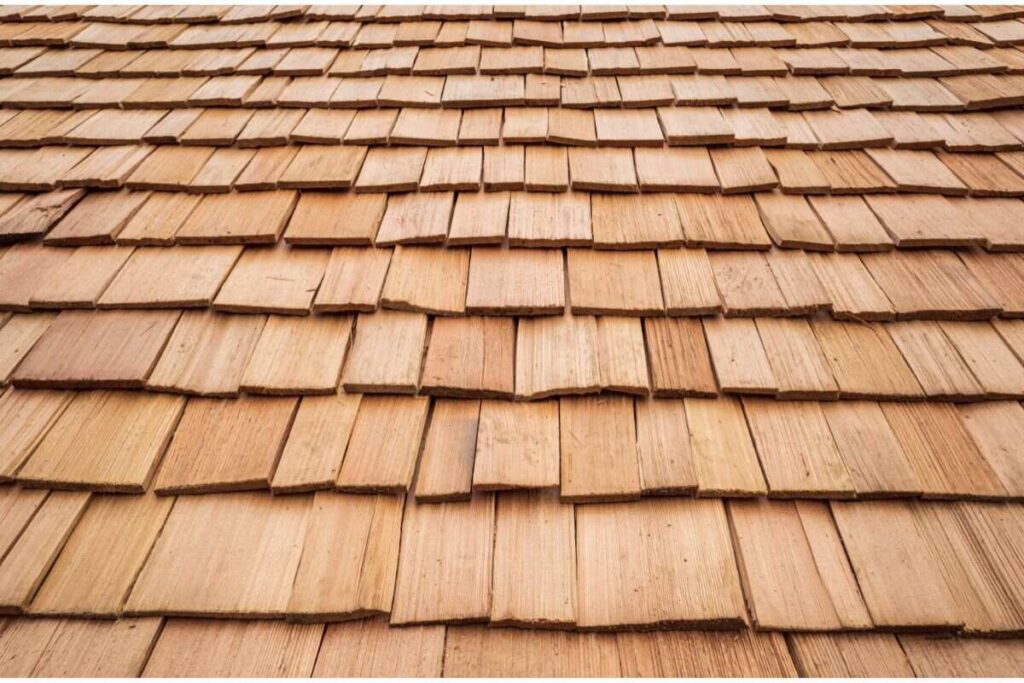Housing has come a long way from the past where clay and sticks were used as ways of building a shelter. However, the industry has developed and advanced to a point where we have a variety of roofing materials to select from.
The materials used in roofing are distinct in their sense of style, their functionality and their durability. Factors like location, budget and the type of roof govern the choice of the materials to be used. It is interesting to note that today we have advanced materials that greatly mimic the feel and looks of costlier alternatives.
How to Select the Roofing Materials for Your Project?
Your choice of roofing materials should be based on the following:
- Budget- How much are you willing to spend on your roofing project will dictate which material to choose from. The market is filled with numerous options that greatly vary in price tags.
- Location- Based on the location of your residence/property, you will be choosing the ideal material for your roof. Factors such as weather conditions, aesthetics, backgrounds, etc. should be taken into consideration.
- Project Needs- The type of roofing material and the amount of material needed should be meticulously estimated to avoid any unwanted errors. A great way to do this is to use a powerful roofing square calculator that will give you critical insights about your roofing project, including suitable materials.
- Roof Type- The type of material also depends upon your roof type and additional aspects such as slopes and angles. It is best to consult experienced roofing contractors to ascertain this.
Most Commonly Used Roofing Materials
Despite there being a plethora of roofing materials available in the market, here are some of the most commonly utilised materials with their pros and cons:
1) Wood Roofing
The average wood roofs last for about 25 years and are best suited for dry regions where humidity doesn’t come into play. Wood is not a suitable roofing material for places near the coast, where moisture can damage the roof, shortening its life.
Pros of Wood Roofing
- Wood is both natural and sustainable
- Wood roofs have a higher aesthetic value
- These roofs are energy efficient
Cons of Wood Roofing
- Wooden roofs in general require higher maintenance
- They are susceptible to mildew and rot
- Such roofing is banned in states like California and Texas

2) Asphalt Shingles
Asphalt shingles or composite shingles are the most commonly used roofing materials. These shingles call about 80% of houses home.
These shingles are cost-effective and are available in a diverse amount of colors.
Asphalt shingles have a life of about 20 years and are suitable for every climate and weather. However, you can still benefit from getting your roofs upgraded to account for conditions like ice, hail and so on.
Pros of Asphalt Shingles
- Asphalt shingles are readily available
- This material is budget friendly
- These shingles require minimum maintenance
Cons of Asphalt Shingles
- Asphalt has a shorter life-span when compared to other materials
- This material is overused
- Color fades away and is prone to wind damage
3) Clay Tiles
Making the list is the material that has been used for more than 5,000 years, clay.
Clay tiles are most suitable for tropical climates and have a life of over 100 years! Clay tiles are great when it comes to resistance to wind and salt. These tiles get darker with time.
Some of the most prominent types of clay tiles are- French, mission, Spanish, etc. and can be used according to aesthetic needs.
Pros of Clay Tiles
- Clay tiles require limited maintenance
- They are natural and energy-efficient
- Clay is salt tolerant
Cons of Clay Tiles
- Clay tiles are expensive
- Not suitable for harsher conditions such as rough winters
- Clay tiles are heavy
4) Concrete Tiles
If you are looking for a roofing material that offers the value of clay tiles but doesn’t want to spend too much? Then your best bet is concrete tiles.
Concrete tiles offer an impressive lifespan of about 100 years and are resistant to water damage and leaks.
Pros of Concrete Tiles
- Concrete tiles are durable
- They don’t require excessive maintenance
- Are resistant to fire
Cons of Concrete Tiles
- Concrete tiles can come off as heavy
Final Words
The roofing industry is filled with materials that you can choose from to create the roof of your dreams! With the help of knowledgeable contractors and self-research, you can pick the best material that best fits your needs.
Advance Roofing is the one-stop solution for all your roofing needs. With great expertise in providing quality roofing alternatives, they can help you give your home a fitting roof!






